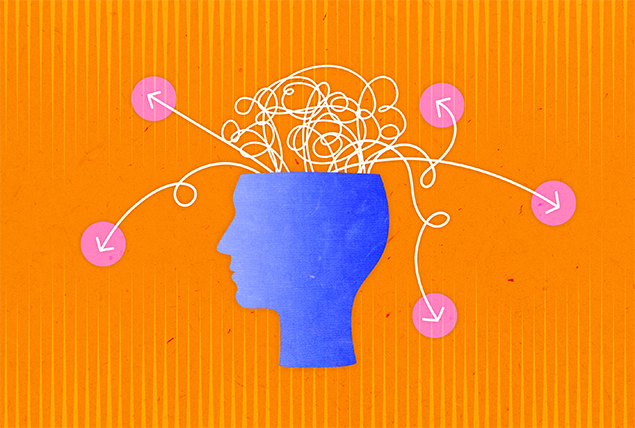ADHD, once predominantly viewed through a deficit-focused lens, is experiencing a paradigm shift in narratives, fostering positive self-perception and empowerment. Historically, individuals with ADHD were often stigmatized, their unique cognitive wiring perceived as a hindrance rather than a distinctive trait. However, contemporary perspectives are challenging this outdated narrative, recognizing ADHD as a spectrum of neurodiversity with inherent strengths. One crucial aspect of this shift is reframing ADHD as a collection of cognitive traits that, while presenting challenges in certain contexts, also bring forth remarkable abilities. For instance, hyperfocus, often seen as a drawback, can be a powerful tool when channeled appropriately, enabling individuals to delve deeply into tasks of interest. The hyperactive energy associated with ADHD, when harnessed, can fuel creativity and innovation. By emphasizing these positive aspects, the narrative surrounding ADHD is evolving into one that celebrates neurodiversity, encouraging individuals to embrace their unique cognitive styles.

Moreover, the shift in ADHD narratives involves dispelling myths and misconceptions that have contributed to the stigma surrounding the condition. It is increasingly recognized that ADHD is not solely a childhood disorder; it persists into adulthood for many individuals. This acknowledgment challenges the stereotype that ADHD is a mere excuse for lack of discipline or focus, emphasizing instead the genuine neurological differences that underlie the condition. Additionally, the understanding that ADHD manifests differently in girls and women has gained traction, challenging the historical bias toward diagnosing boys. By acknowledging the diversity within ADHD experiences, the narrative becomes more inclusive, validating the myriad ways in which individuals navigate the world with ADHD. The importance of reframing ADHD narratives extends beyond individual empowerment to societal inclusivity. Education and workplace environments are gradually adapting to accommodate neurodiversity, recognizing that traditional structures may not be conducive to the success of individuals with ADHD.
This shift is evident in the growing awareness of the need for flexible learning and work environments that embrace diverse cognitive styles. By fostering environments that value creativity, flexibility and out-of-the-box thinking, society can harness the strengths inherent in natural remedies for adhd and provide a space for individuals to thrive. Ultimately, the evolving narrative around ADHD is a call to action for broader societal changes. It urges a departure from pathologizing differences and instead advocates for a celebration of neurodiversity. By dismantling stigmas, dispelling myths and emphasizing strengths, the narrative surrounding ADHD is fostering positive self-perception and paving the way for a more inclusive and understanding society. As we continue to learn and grow in our understanding of neurodiversity, the evolving narrative around ADHD stands as a testament to the power of reframing perspectives for the betterment of individuals and society as a whole.